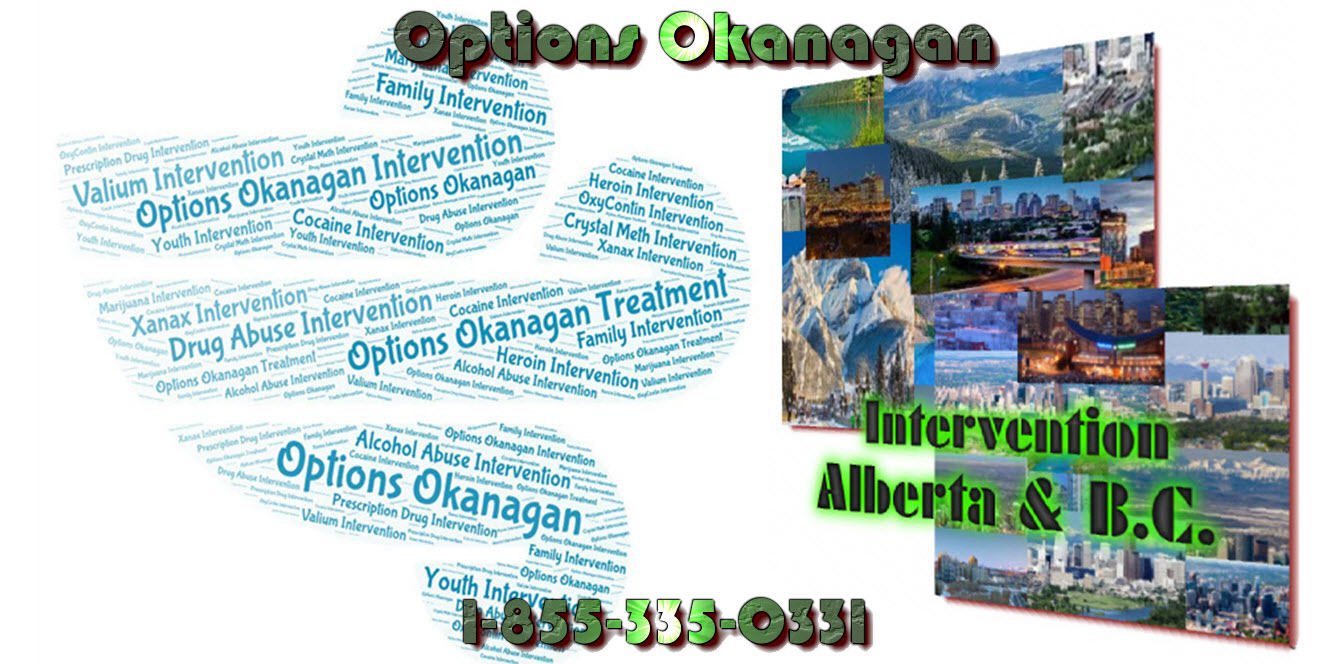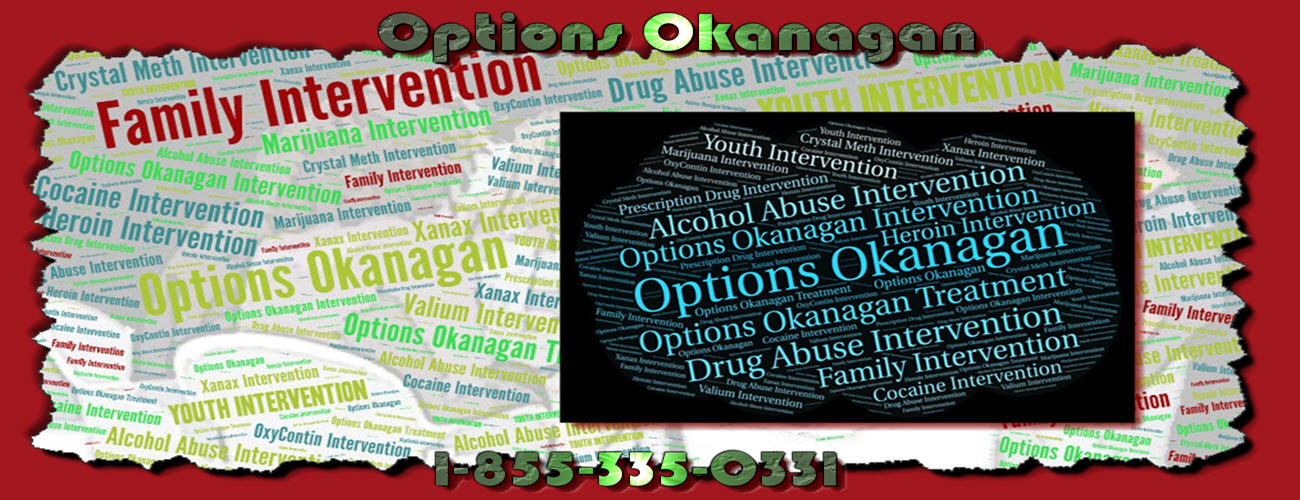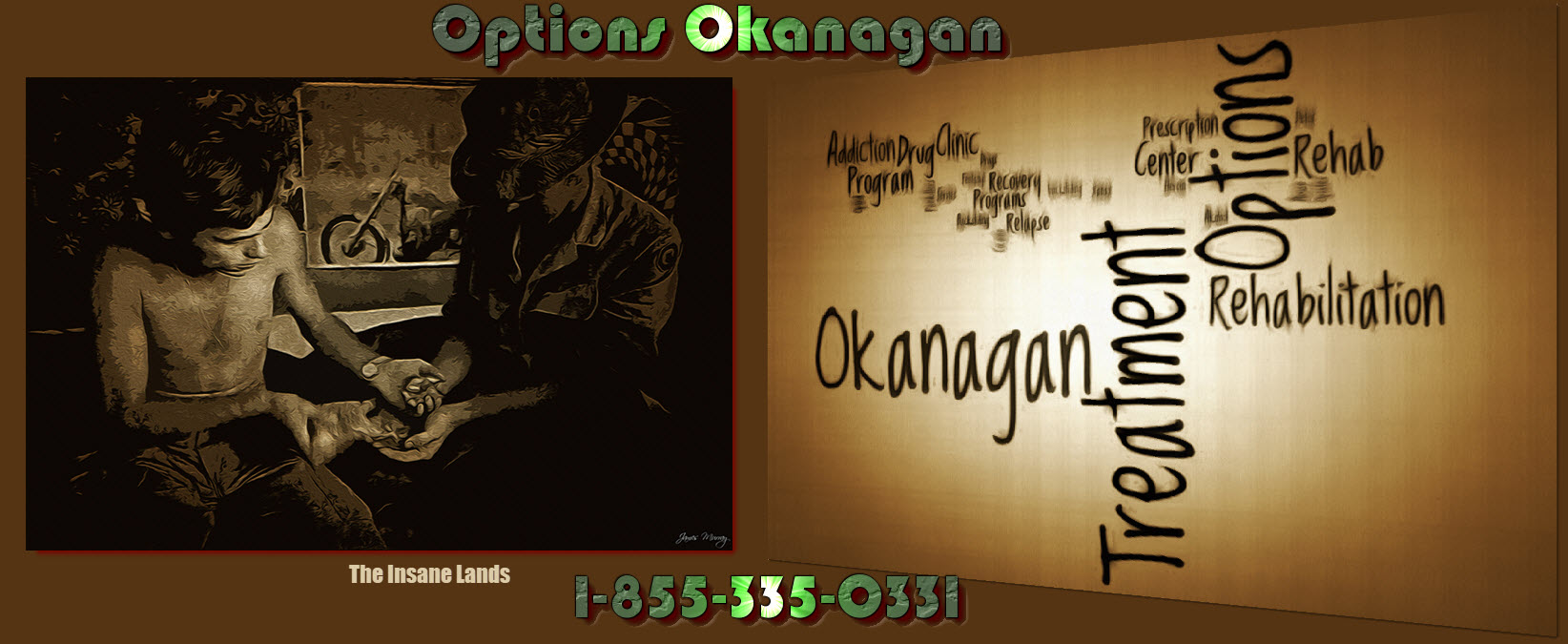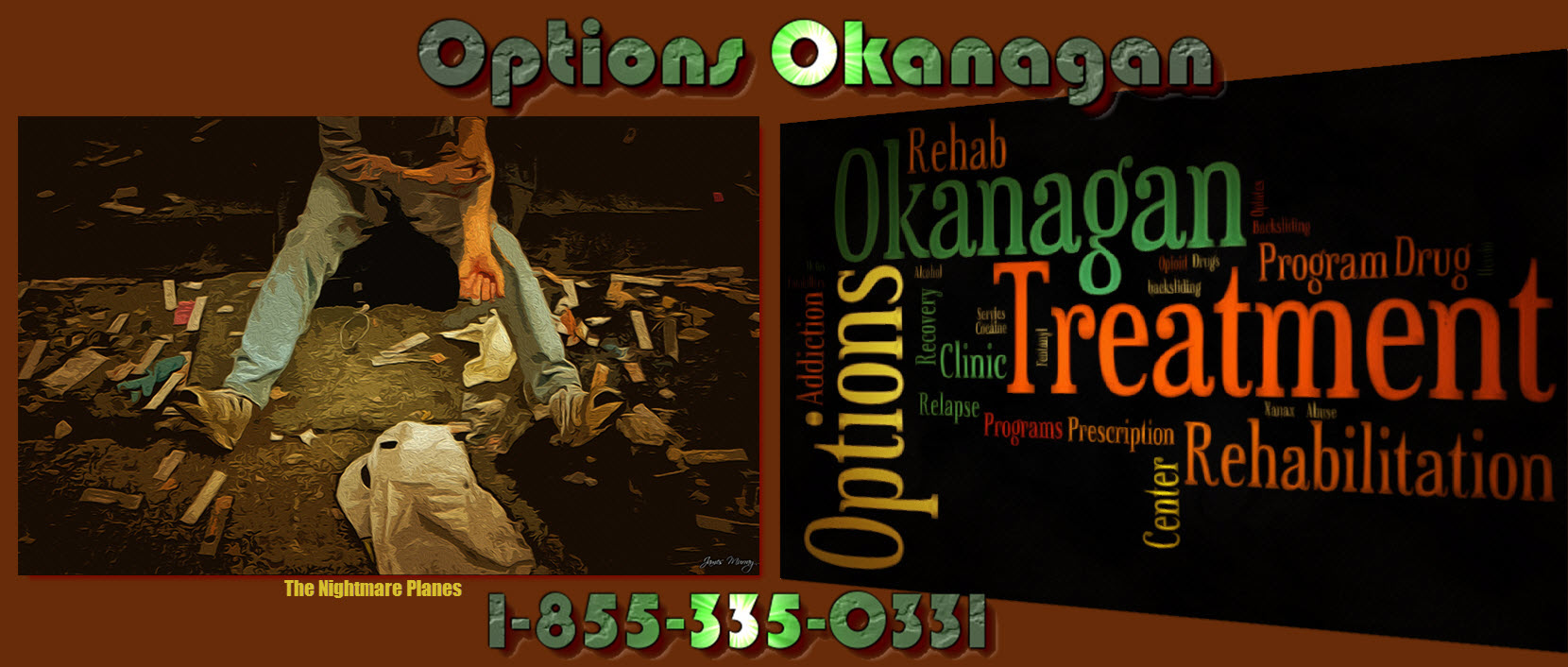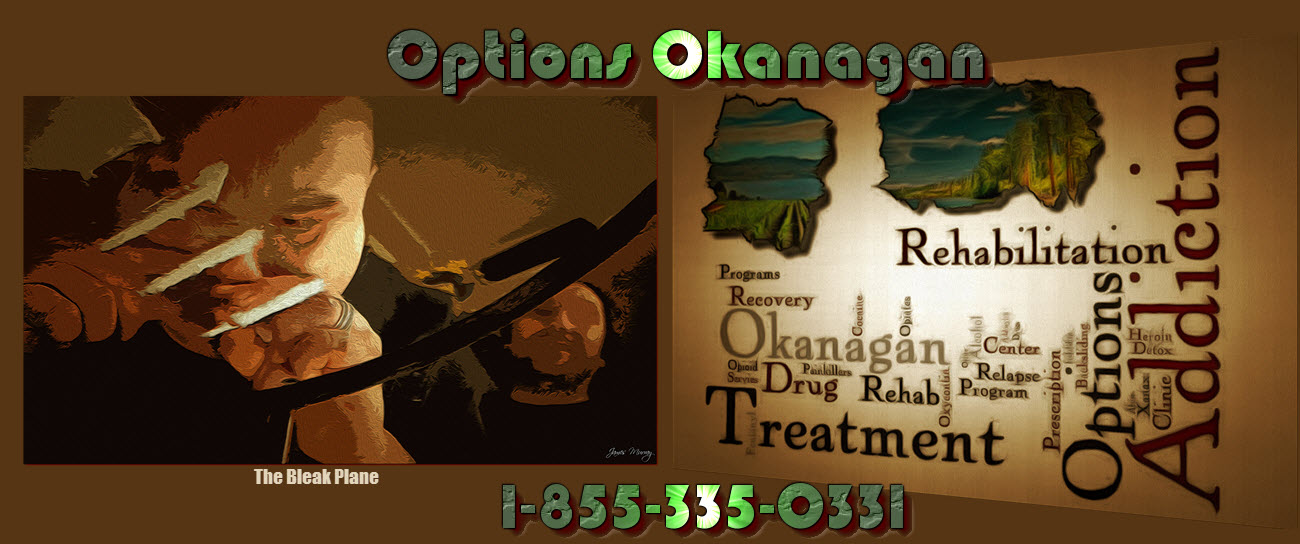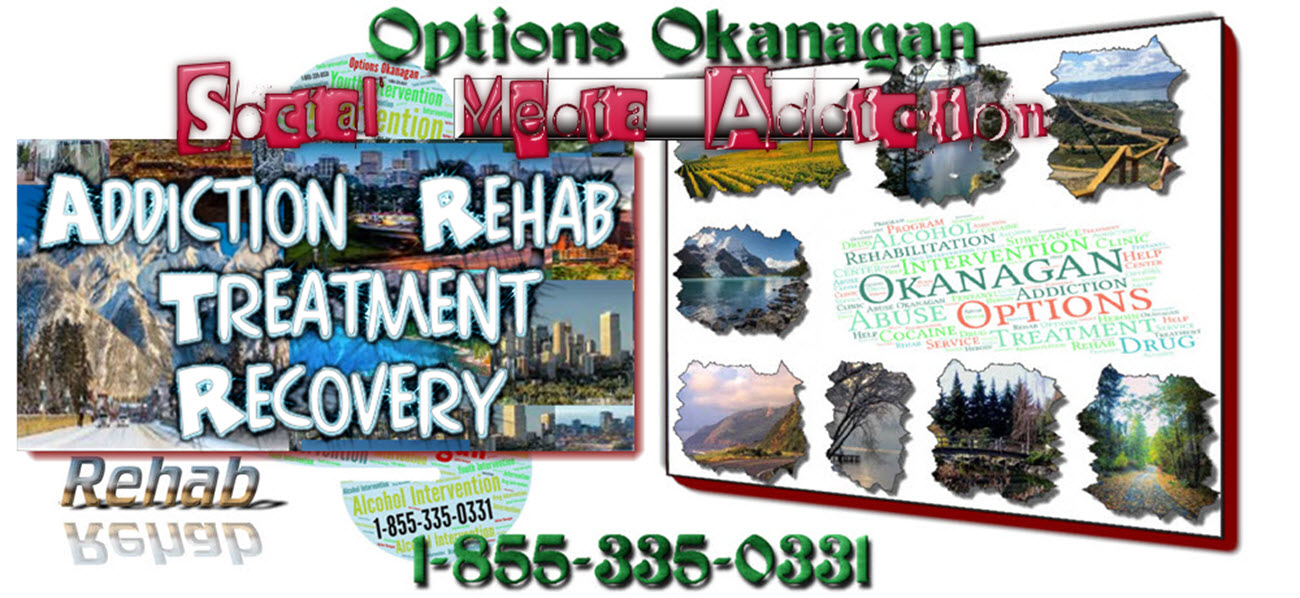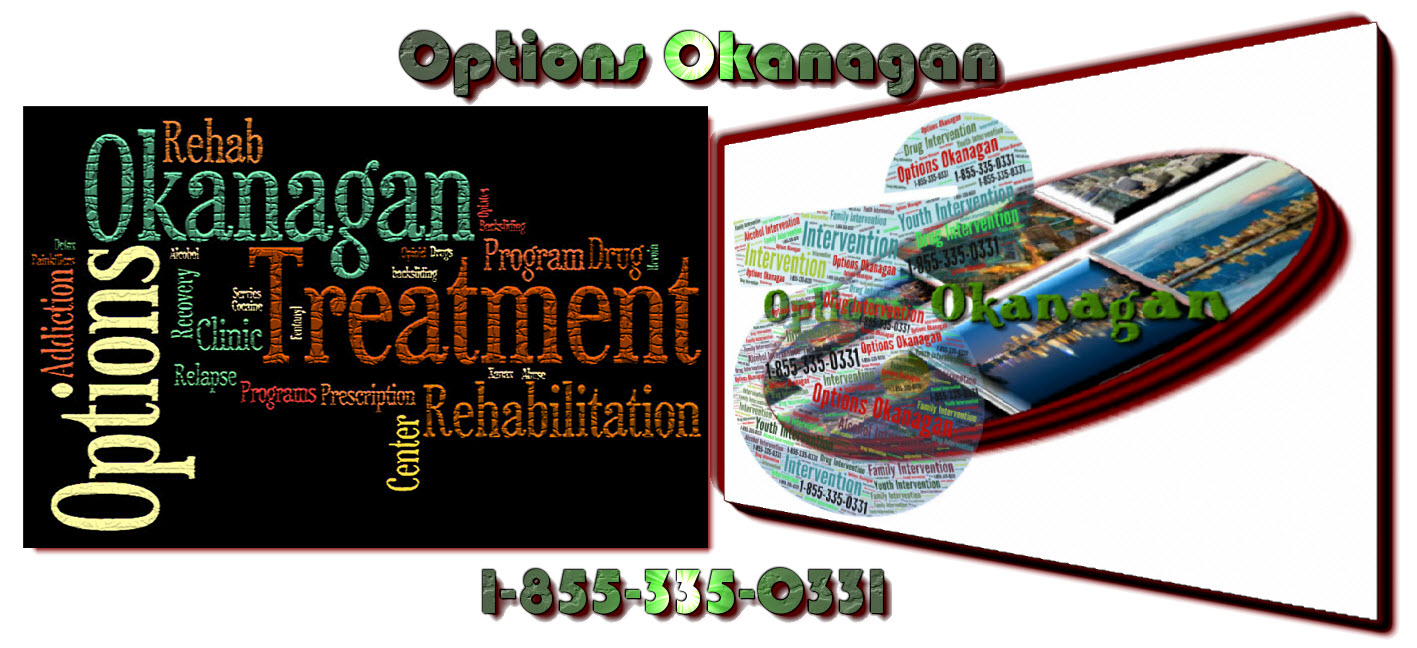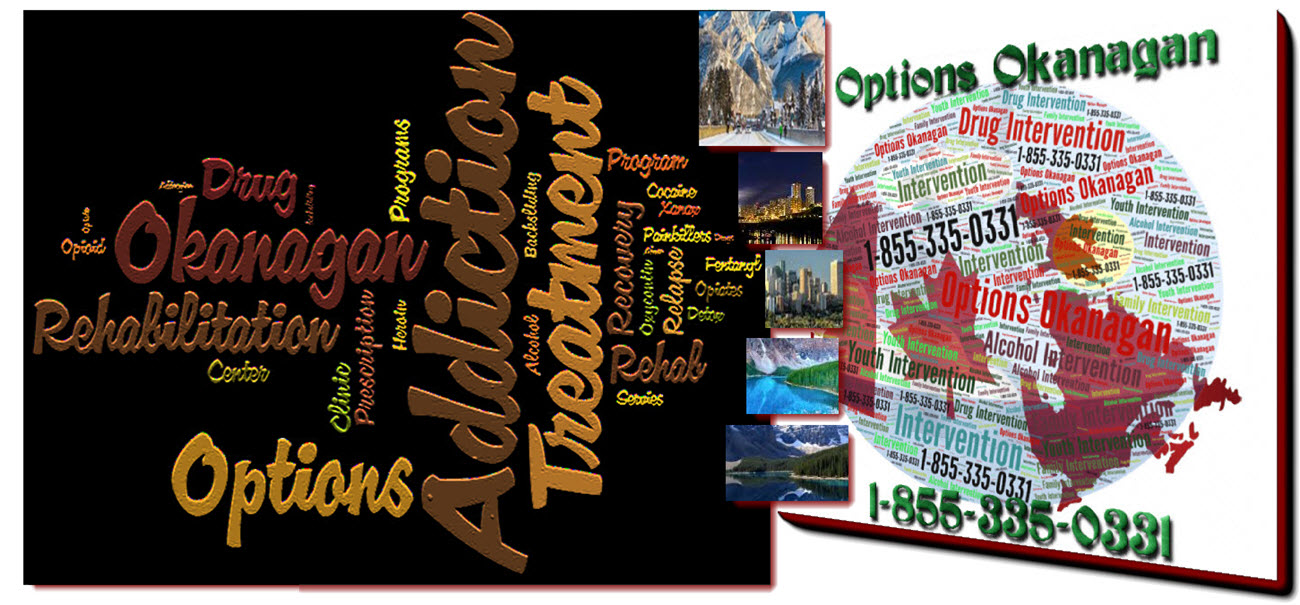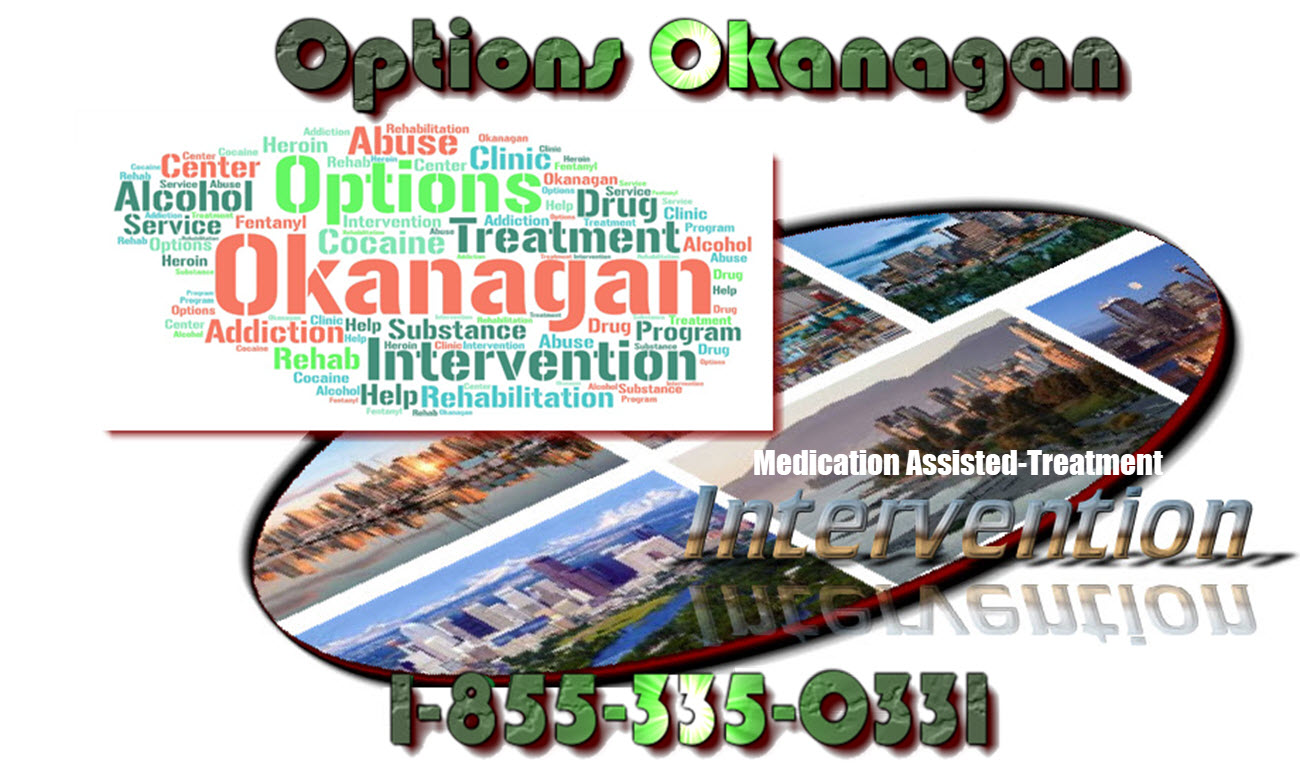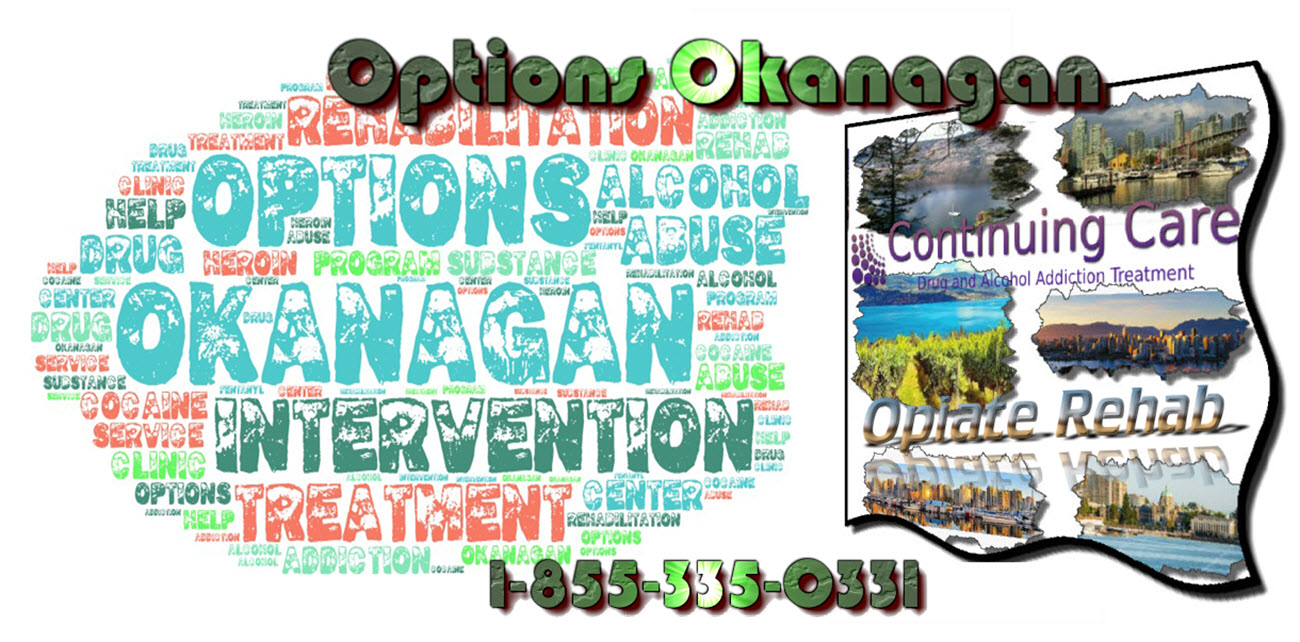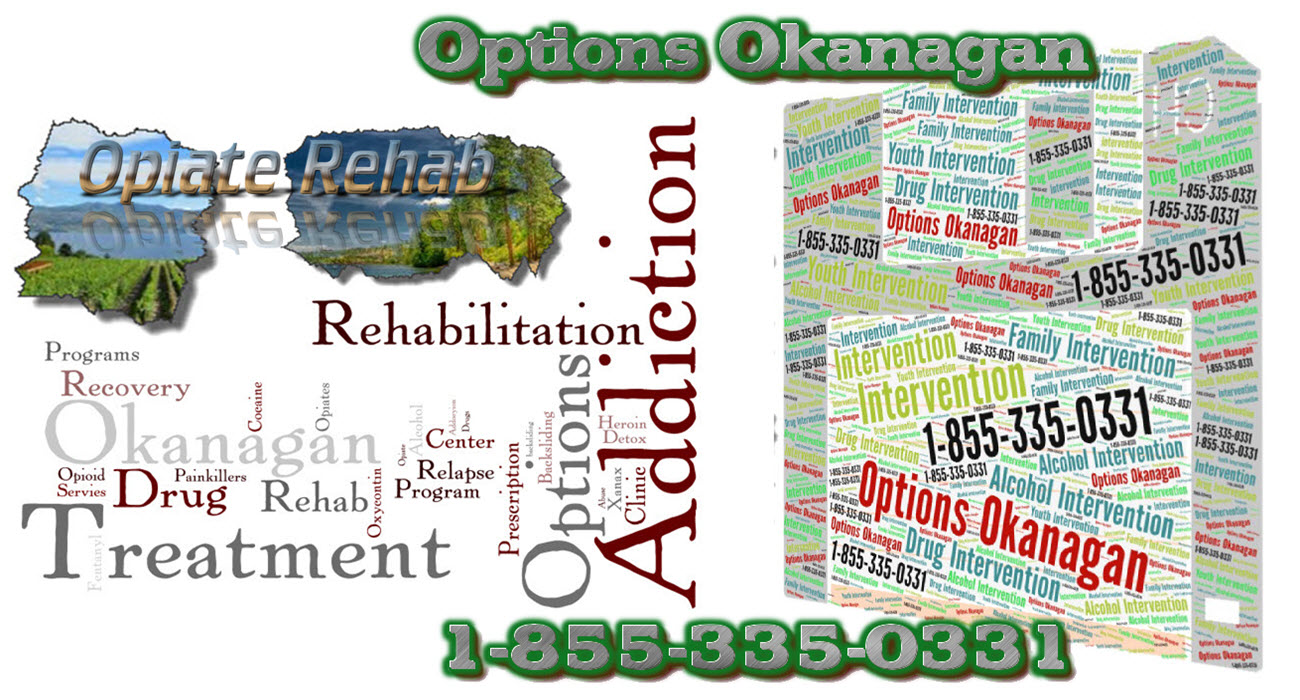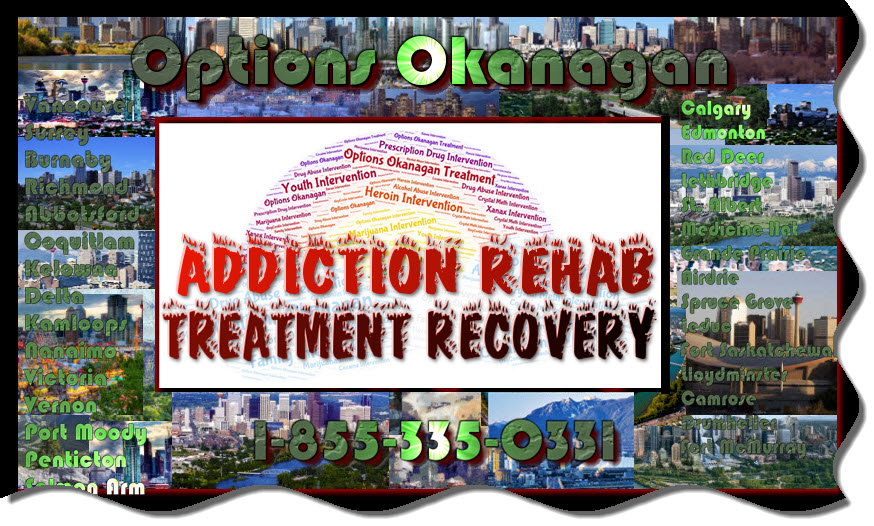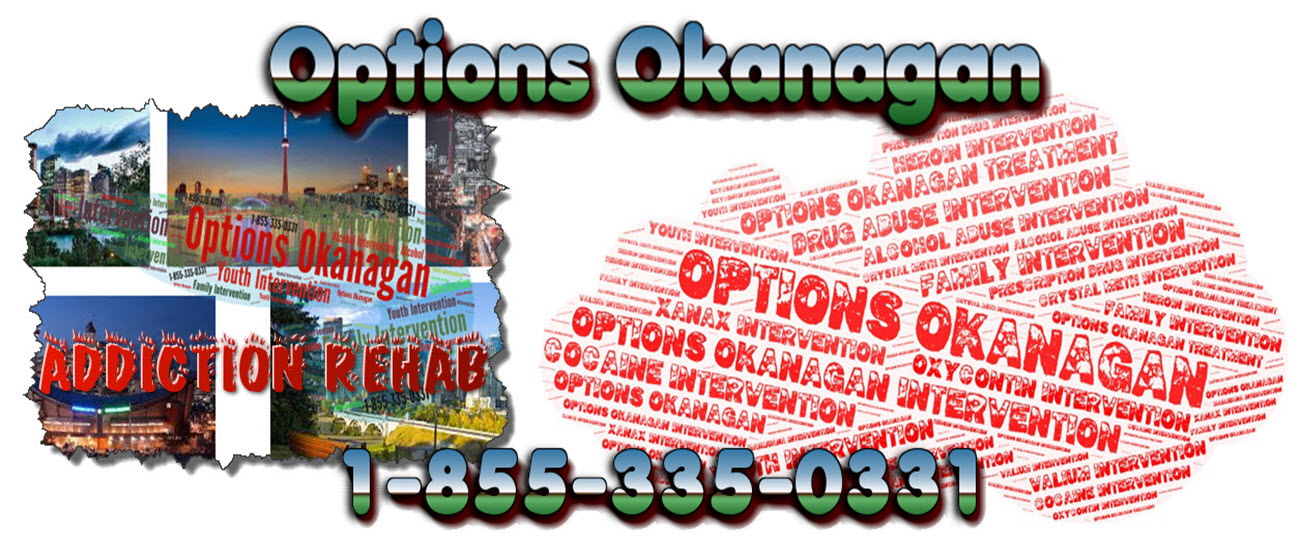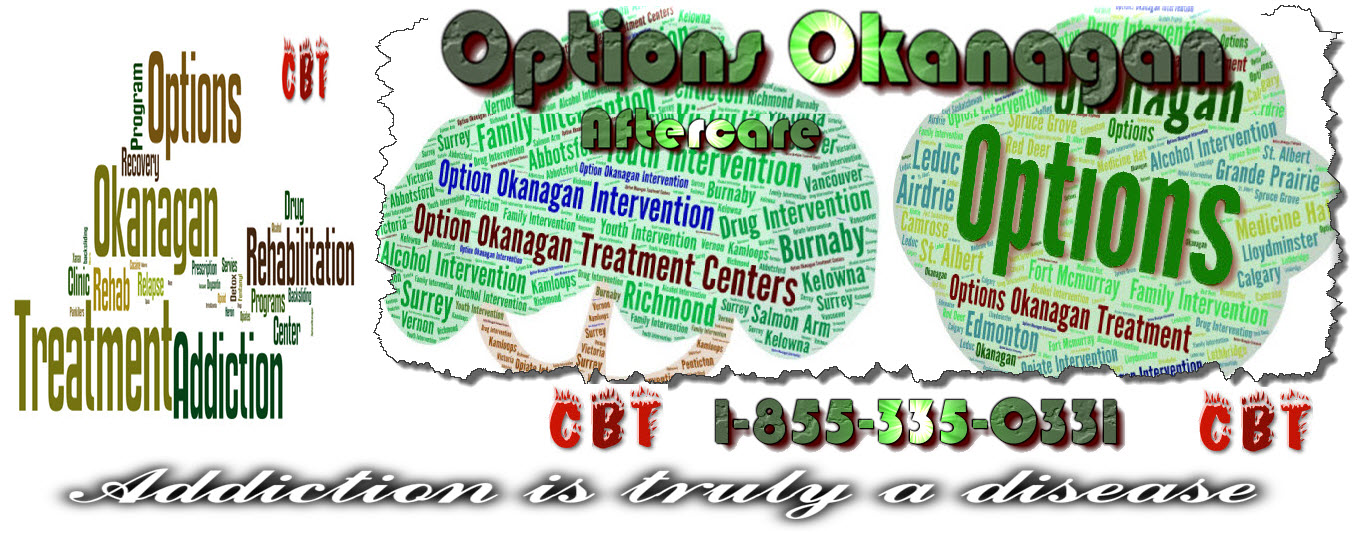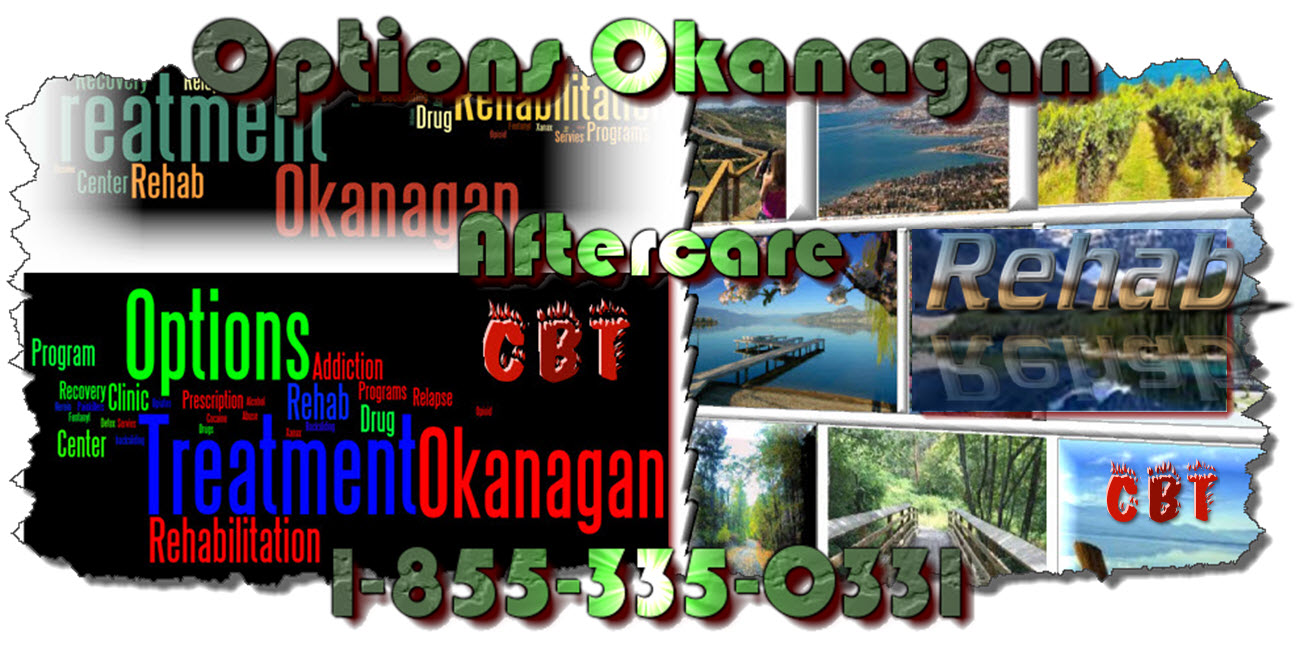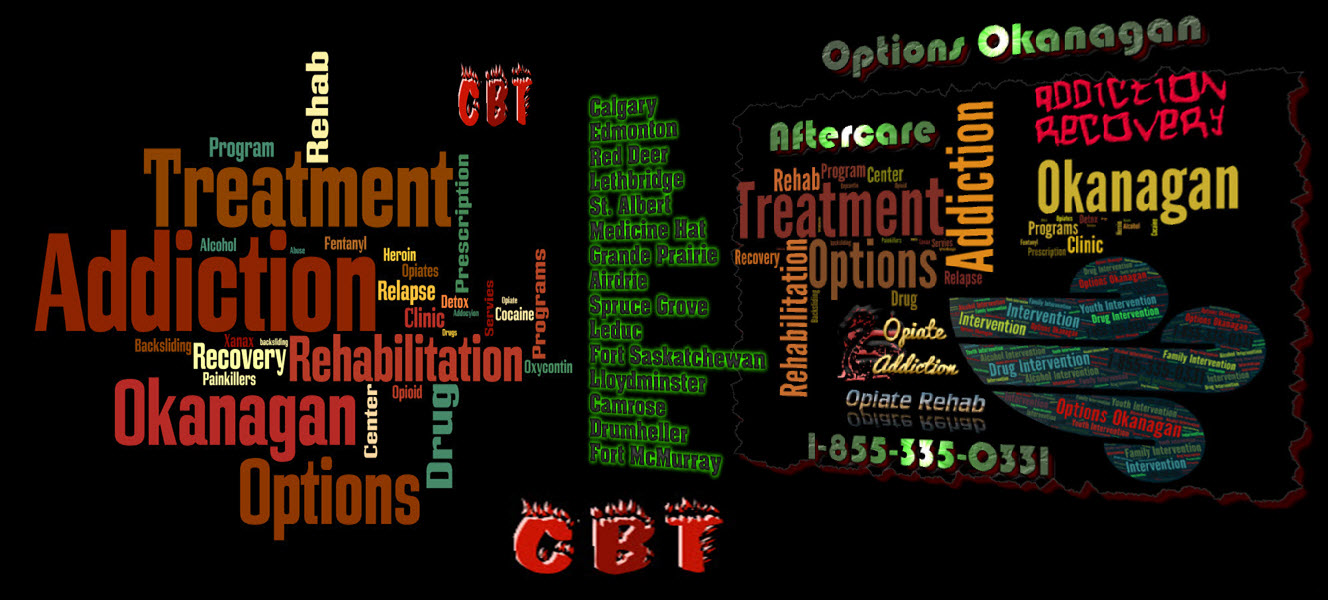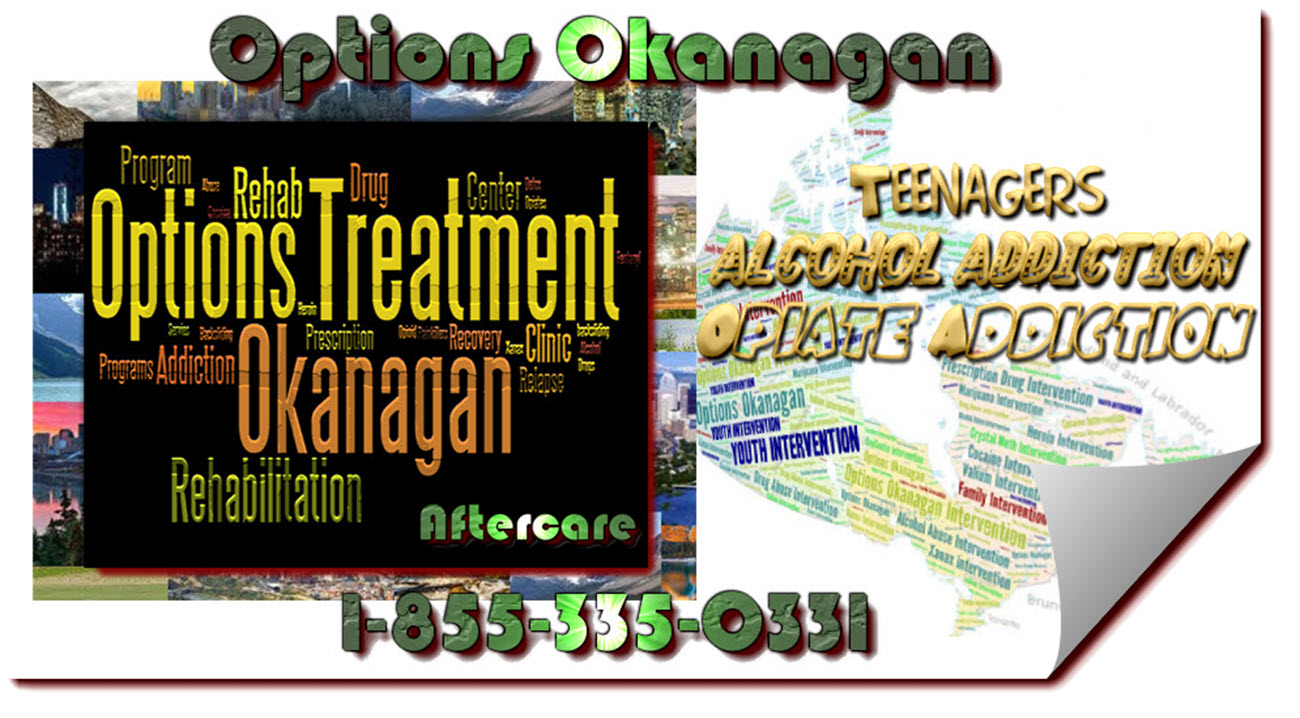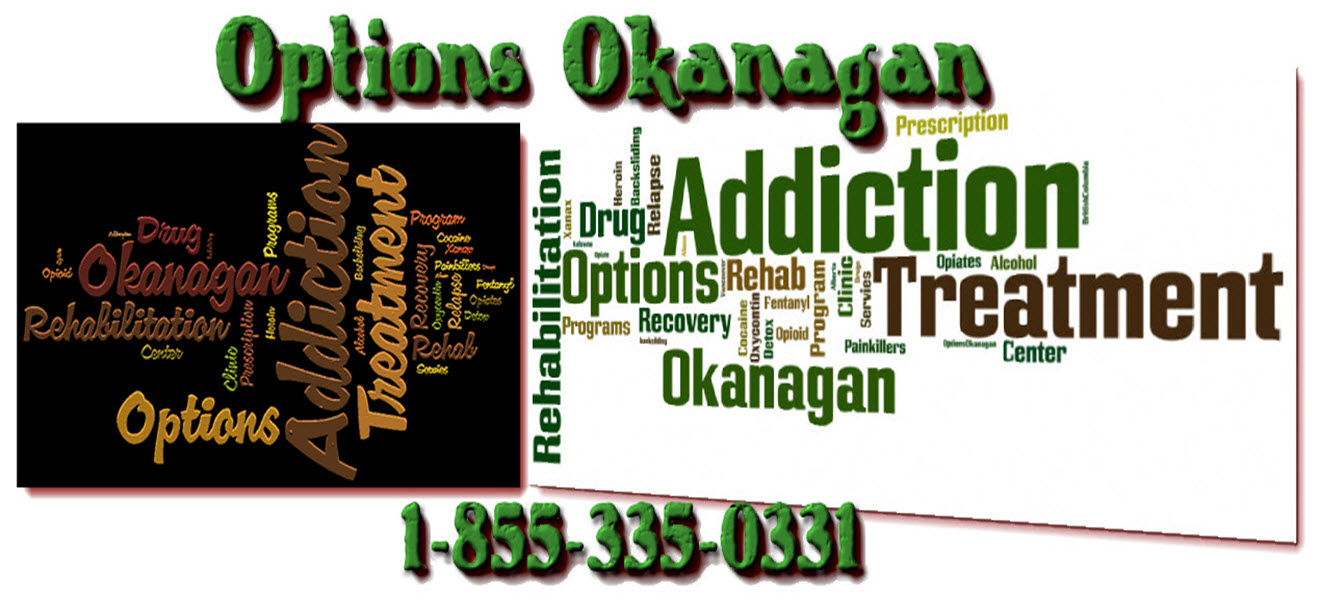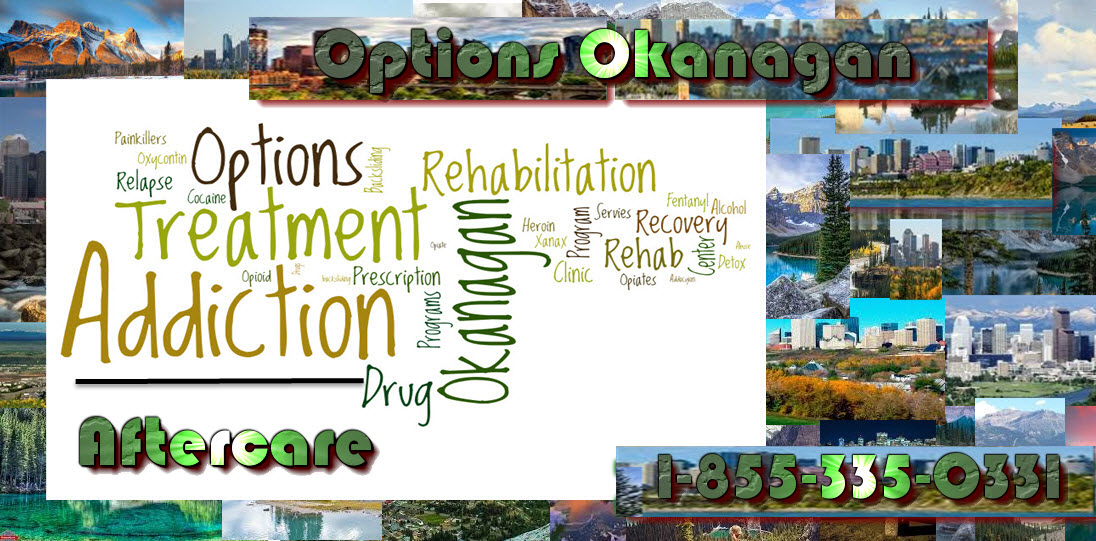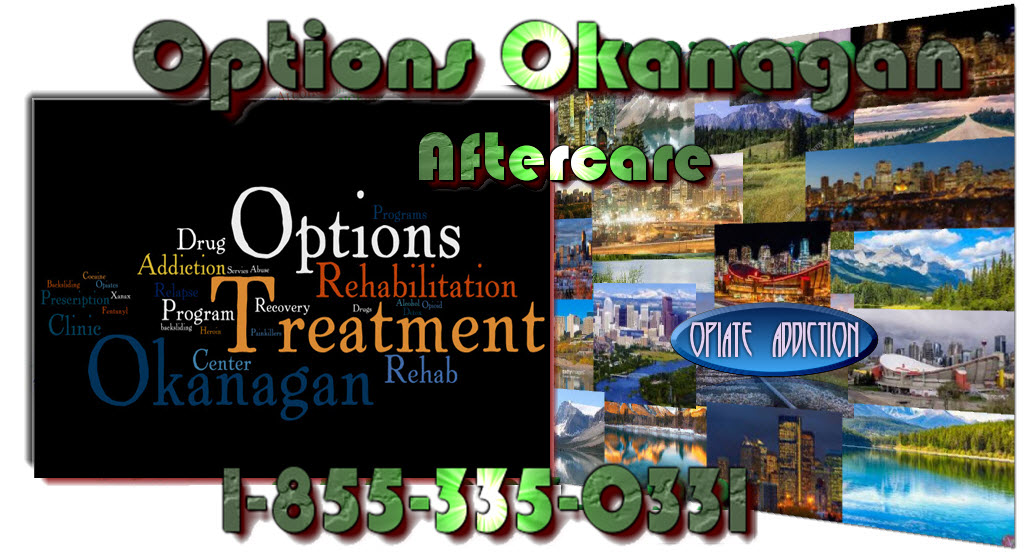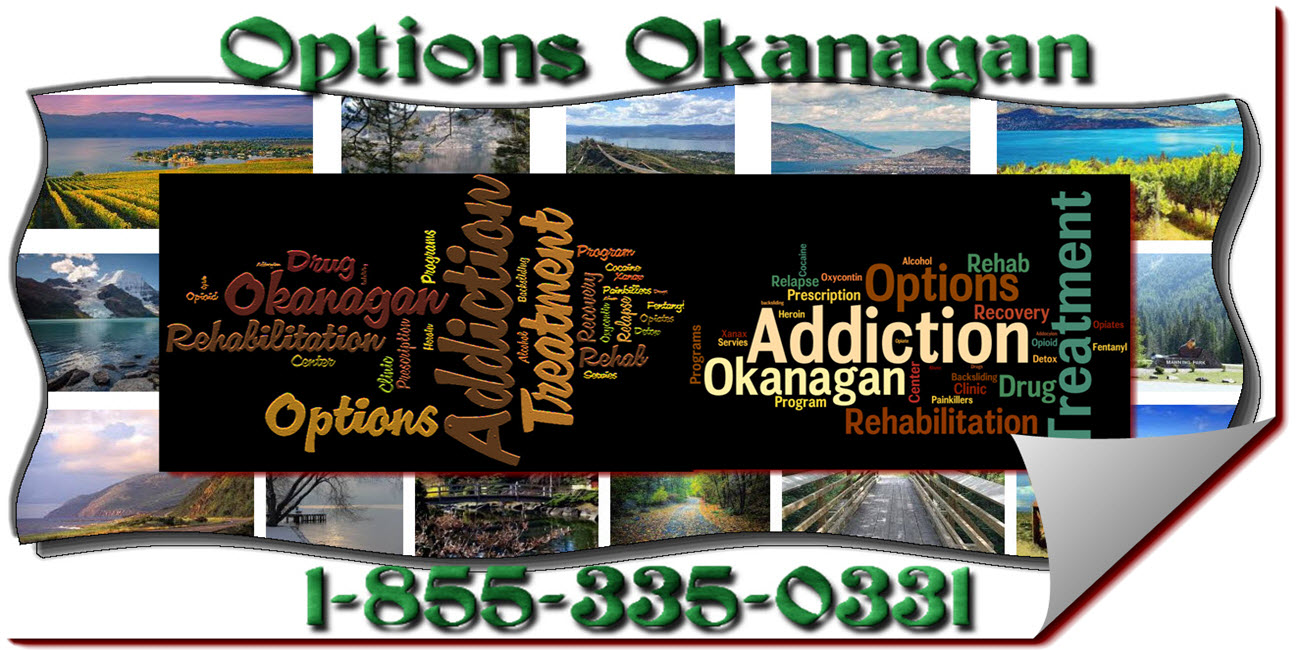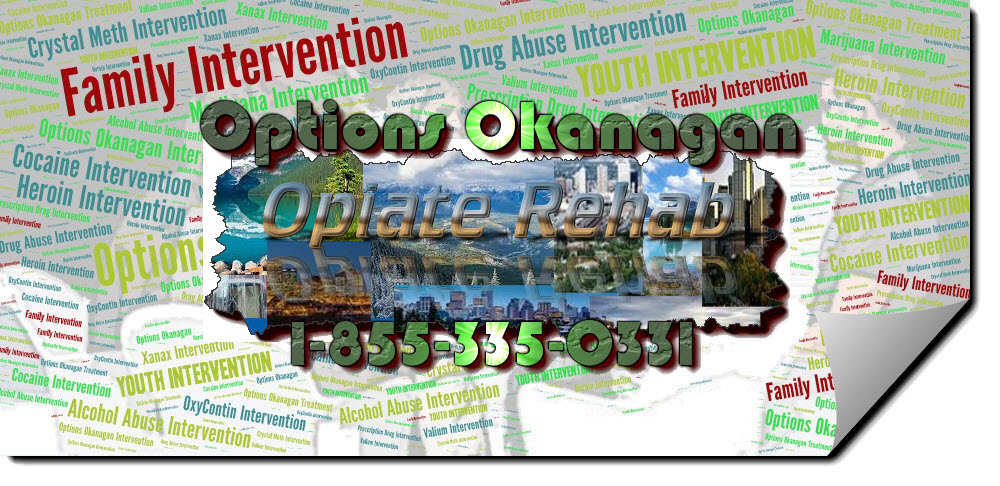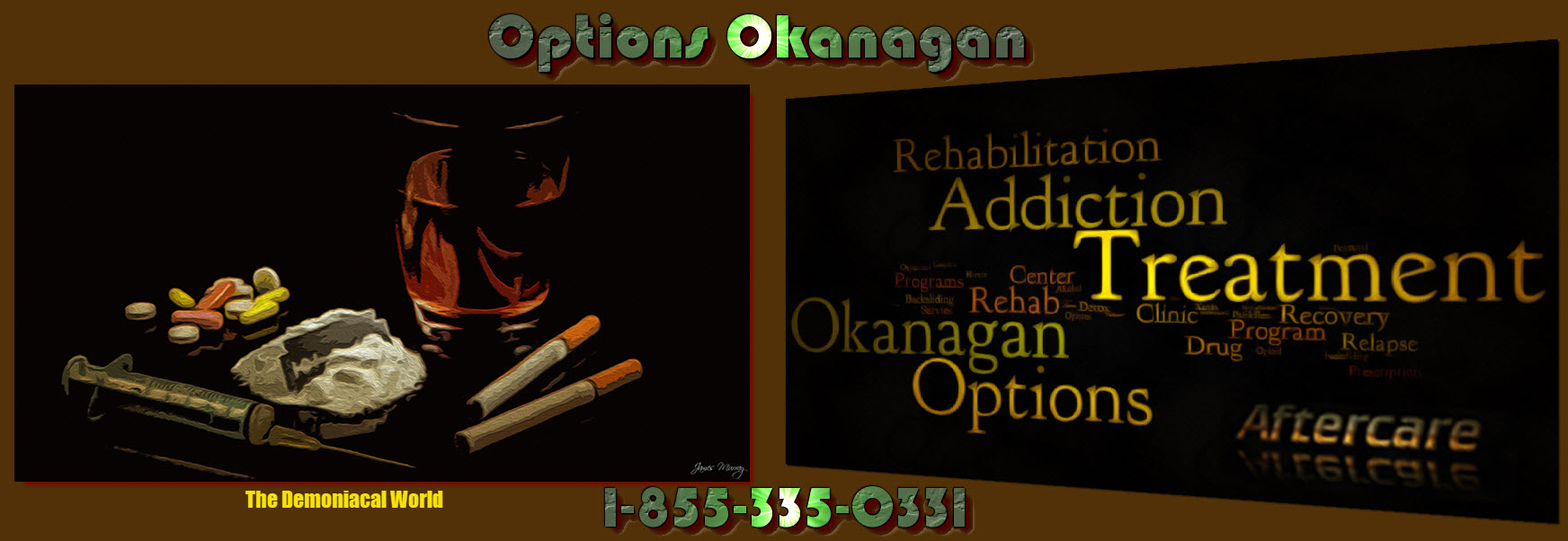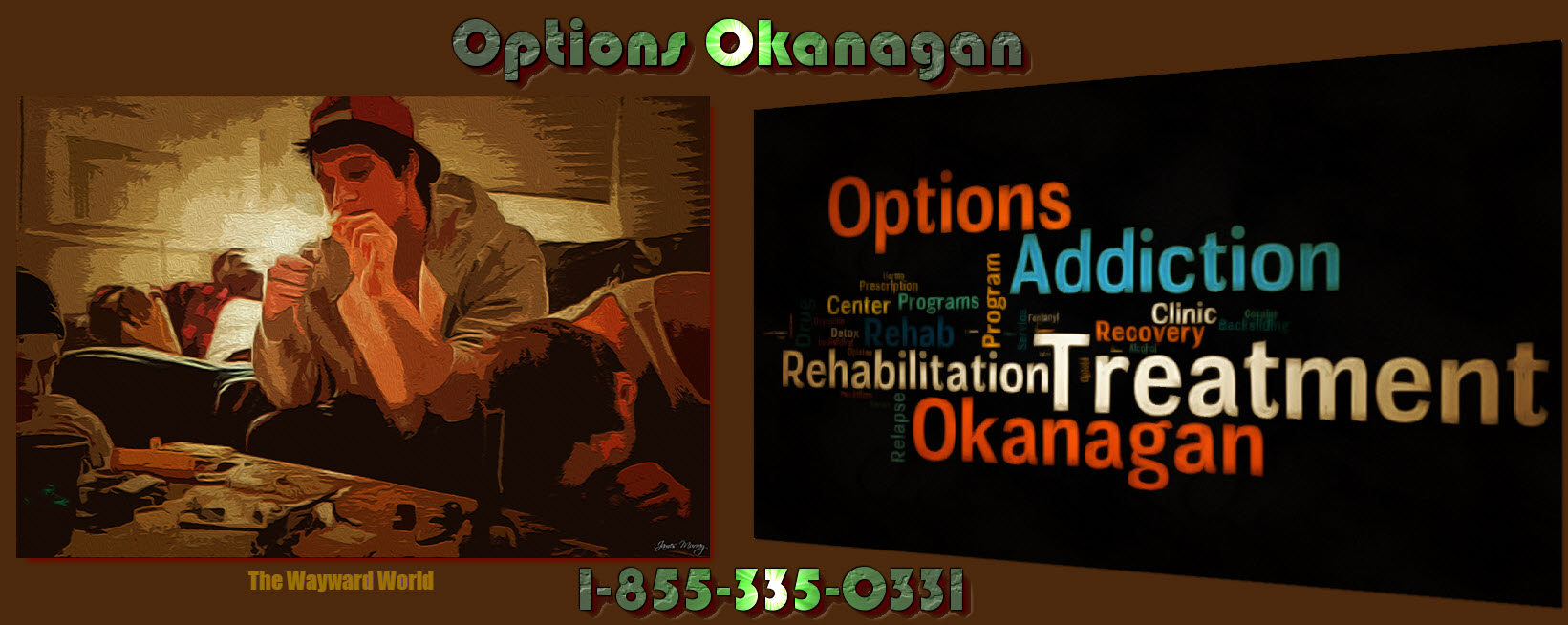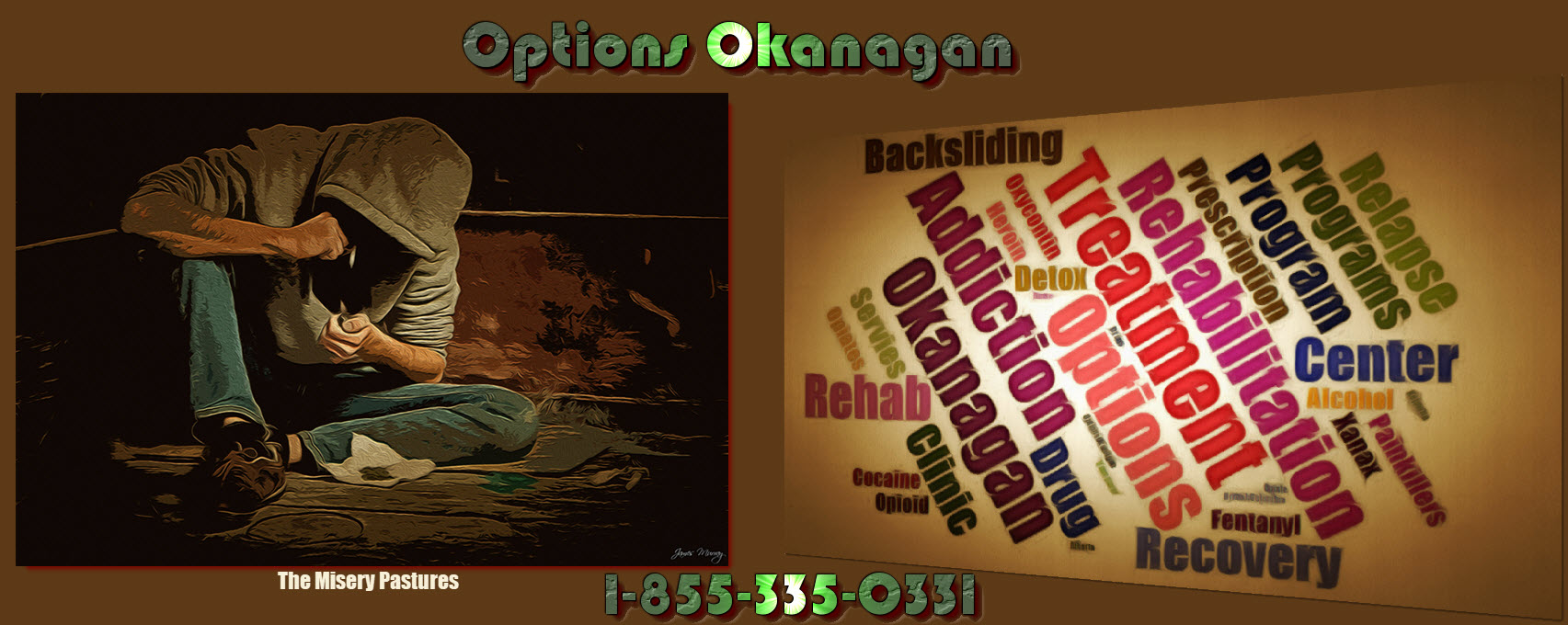Boundaries and attitudes have to change in addiction recovery work. An opiate addiction treatment program in British Columbia and Alberta – How to treat opiate addiction – Options Okanagan Treatment Centers in Kelowna, British Columbia treating opioid, drug, opiate, fentanyl, heroin, and alcohol addiction and recovery.
Opiate & Alcohol Rehab Treatment In BC & Alberta
A negative attitude prevents positive change. Painful feelings can help. Anxiety and depression can be an important part of the recovery process. Depression, sadness, and anxiety often cause people to change their lives and motivate them to make changes. The phrase “painless, without results” can be associated with fear or discomfort felt by people who recover for the better during the change process. Recognizing barriers that prevent change helps regulate the process of change.
Old attitudes and beliefs can hamper recovery. Some examples of attitudes that can hinder change are negative thinking, judgment and criticism of others, victims, the need to be perfect and always right, or the belief that an individual does not need and does not want to help others. When people begin to recognize these old attitudes and beliefs, they often say, “I am my worst enemy.” People also have difficulty identifying symptoms that they have never experienced before. “It is human nature to say that when I see it, I will believe it or go through something personal before I think it will happen to me because I’m different.”
Therapy, treatment, counseling and healing are often “leaps in faith.” A leap in faith means that an individual believes that the consequences of the last stage of a psychiatric disorder or medication must be immediately accepted. A person begins to understand that they do not have to experience all the symptoms or consequences directly before they get help. For instance, to accept the fact that untreated clinical depression will increase the chances of a serious heart attack, and an individual does not require to have this personal experience. In addition, individuals do not need to personally experience whether a substance addiction like alcoholism that continues to cause life-threatening diseases such as liver failure. After all, it was clearly fatal to test all the realities of a deadly disease.
“Yes, but” is a common response to most initial treatment appointments. This is a defense mechanism against the reality of progressive disorders and the need for addiction treatment. A person can say, “Yes, but that situation does not apply to me” or “Yes, but at least I’m not really that bad.” The genuine concern is, “Simply just how negative does it need to get before an individual starts accepting help as well as make changes in their life?” It is a huge misconception that an individual needs to “hit rock bottom” in order to start to make changes. To hit rock bottom with either a psychological or substance use disorder can be a disastrous place in life. Late-stage signs and symptoms, repercussions or effects that have actually not been experienced merely suggest they have actually not been experienced “just yet.” An individual will certainly experience the late-stage symptoms of a neglected untreated mental, psychological health or substance use disorder at some point. Without recovery, healing, and recuperation, all the yet will certainly end up being “now.” A better-suited response to “Yeah, but I do not have clinical issues with anxiousness, depression or substance dependency” is “Well, not yet.”
Change and addiction recovery is a slow process
It’s easy for someone to make a verbal statement that they want to change. Let’s say someone says they want to take a pencil from the table. You can say, “Really, this time I will really try to take a pencil. I will try harder than before. It takes time to implement the decision to make a change. Only all the time spent explaining how someone will try to never achieve the results desirable … take a pencil!
Delay in deciding to respond to a change in behavior is often based on the assumption that the decision is so important that it must be postponed to the right time. For some people, this leads to a temporary delay because they work through the pros and cons of change. For others, this can mean that no action has ever been taken, causing a person to remain late in the old behavior without limits. Meanwhile, if a person does not get help with a disorder such as depression due to procrastination, a person’s symptoms can worsen. If procrastination delays the decision to delay reluctance, the consequences may arise.
Options Okanagan Opiate and Alcohol Treatment Centers in Kelowna, Salmon Arm and Vancouver, British Columbia – Men and Women are recovering and healing from Alcohol and Drug Abuse at our treatment center here in the Okanagan right now.
Our unique and distinctive Opiate Drug and Alcohol treatment program allow men and women to come in from Calgary as well as Edmonton as we offer airport pickup.
Numerous clients come to us from Vancouver, Calgary, and Edmonton and other locations in Alberta and even other provinces for Opiate addiction treatment, heroin drug treatment, many other drug and alcohol addictions for rehabilitation because of the uniqueness of our treatment center.
Our (Kelowna ) Alcohol and Opiate Treatment Program Location:
(Not Mailing Address) Contact Us – Web Page
For Mail Delivery :: Please contact each center for correct mailing addresses, also this location is the location of our residential treatment programs in Kelowna. Please call Toll Free 1-855-335-0331 to contact the treatment center you are going to for the address and directions.
Options Okanagan Drug and Opiate Treatment Center
551 Sherrydale Crescent, Kelowna, British Columbia, V1V 2E6
Toll Free Phone Number : 1-855-335-0331

